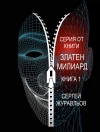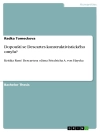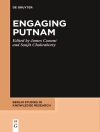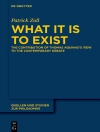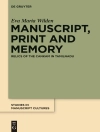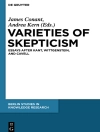The traditional topics of the ’philosophy of nature’ — space, time, causality, the structure of the universe — are overwhelmingly present in our modern scientific theories. This book traces the complex paths that discussion of these topics has followed, from Plato and Aristotle, through Descartes, Leibniz, Kant and other great thinkers, right up to the relativistic cosmologies and the grand unified theories of contemporary science. In the light of this historical development, it becomes clear that modern science gives us not only a technological power over the world, but also a deeper understanding of physical reality. In this sense, science could be regarded as an heir to the traditional ’philosophy of nature’. Moreover, the reader will learn why science itself deserves to be the subject of philosophical reflection.
Innehållsförteckning
Chapter I. The First Task of the Philosophy of Nature—The Problem of Elementarity.-Chapter II. The Philosophical Myth of Creation—The Platonic Philosophy of Nature.-Chapter III. Aristotle’s Physics.-Chapter IV. Aristotle’s Method of Cosmological Speculation.-Chapter V. Descartes’ Mechanism.-Chapter VI. Isaac Newton and The Mathematical Principles of Natural Philosophy.-Chapter VII. The World of Leibniz: The Best of All Possible Worlds.-Chapter VIII. Immanuel Kant: The a priori Conditions of the Sciences.-Chapter IX. The Romantic Philosophy of Nature.-Chapter X. The Cosmology of Whitehead: The Universe as Process.- Chapter XI. Popper’s Open Universe.-Chapter XII. Science as Philosophy.-Chapter XIII. Problems and Methods of the Philosophy of Nature.


